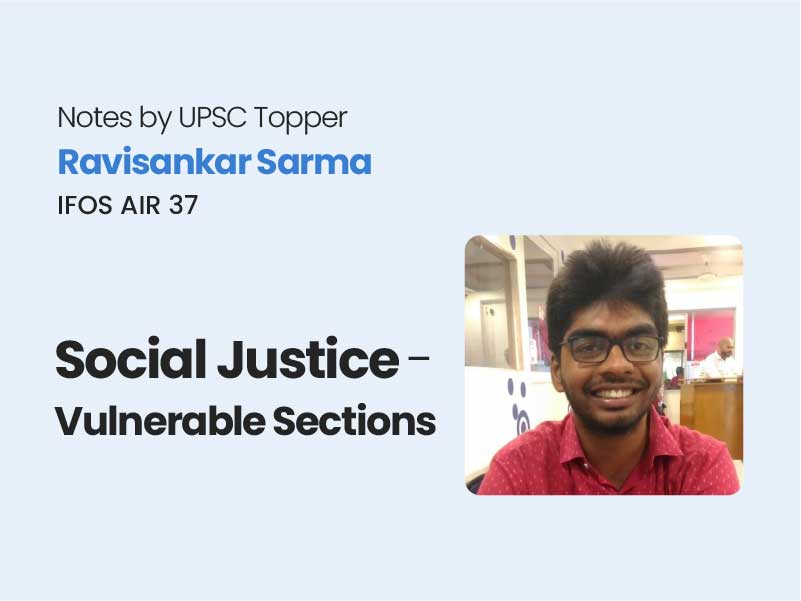Companion@360 → 7 Month programme to sharpen your writing skills → REGISTER NOW

Misuse of the Act
The upper caste community in different parts of the country have contested that SCs misuse the act to blackmail upper caste individuals.
Eg:
- Tamil Nadu’s Pattali Makkal Katchi a party dominated by the Vanniyar have called for repeal of the law
- The protests of the Maratha caste in Maharashtra asking for dilution of the law
Supreme Court’s Ruling
Recently a 2 bench judge of the Supreme Court opined that the act is being widely misused. The National Crime Records Bureau in 2015 cases registered under the act stated that 75% of the filed cases resulted in acquittal or withdrawal and 15% of them were false or frivolous. The Supreme Court moved swiftly to lay down guidelines to prevent the arbitrary arrest of innocents under the law
Guidelines Laid Down by the Supreme Court
- Preliminary enquiry before filing a case under the Act
- The investigation shall be carried out by a DSP rank police officer only
- Cases registered against government authorities need prior approval of the appointing authority and the recommendation of SP for arresting a person under the Act is required
Critic of the Judgement
- No consultation with NCSC: According to Article 338, any major policy decision that has implications on the SCs require the consultation of the National Commission for SCs. The top court did not consult with the NCSC in making the decision
- Reasons for Acquittal not taken into account: A large number of acquittals may not be a result of falsified cases. In this regard, the court did not take into account police apathy, poor investigation and power and privilege of perpetrators.
- Existing Safeguards sufficient: Sections 191 to 195 that prescribe punishment for falsifying evidence seem to be sufficient to deter and deal with false complaints.
- Antithetical to Separation of Powers: The court’s entourage into the domain of policymaking against the will of the state is usurping extra-judicial jurisdiction. Many would argue that it is against the mandate of the people that is vested with the state.
Conclusion
The task of balancing the rights of innocent persons and providing protective justice to the most marginalized, victimized and humiliated sections in India’s society requires compassion, equanimity, prudence and reverence for the constitution authored by the very Champion of the rights of the depressed.
